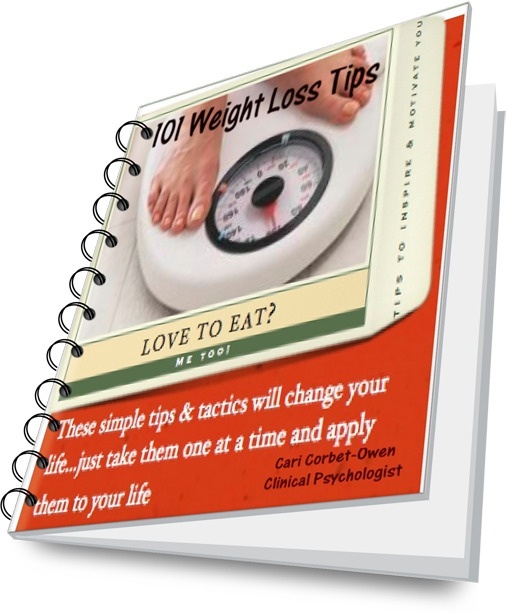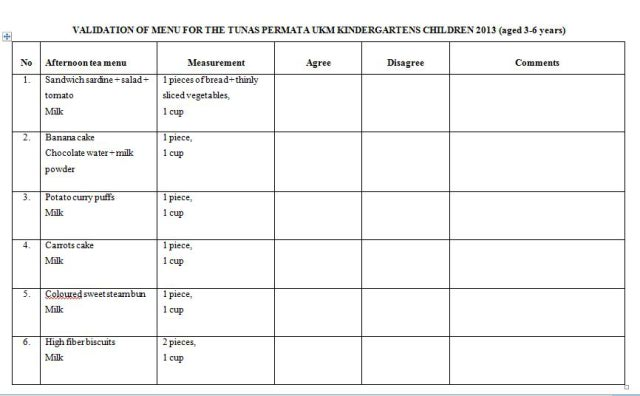Lose Weight > Question and Answer > Nutrition Dieting > Saturated fat pros and cons, omega-3, trans-fats, and more...
Saturated fat pros and cons, omega-3, trans-fats, and more...
Question
Hello,
I have a question for you about fats. Some people warn against canola oil* (and soy oil, I think for the same reason) because the amount of heat required in processing damages the fats and produces trans fats. This is a reason it should not be used in frying or high heat cooking. However, when I look at a bottle of canola oil, the nutrition label says ? trans fats?and 搃deal for frying? Can the label be misleading?
Also, regarding the much lauded omega 3 polyunsaturated fats in canned salmon and tuna, etc. I have read that because these fats are very delicate, it is always recommended that when cooking a fillet of these fish, you cook them very lightly in order to preserve the omega 3抯 and 6抯. And yet, sometimes in the same breath, canned fish is recommended. But in the canning process, I assume high heat, maybe even very high heat must be used, that must be why this fish has that dry, powdery, flaky texture. And I don抰 see how fish could be canned safely without using a high heat. (Come to think of it, that leads to a disturbing thought regarding the use of plastic lined cans.)
Does canned fish still contain the omega 3 and 6 that their nutrition labels profess? Or have they been damaged?
How does this 揹amage?hamper absorption in the body? What does it turn them into?
How is nutrition calculated for the label? Is it measured before processing?
Thank you kindly for you time and expertise,
Melissa
*http://www.fourhourworkweek.com/blog/2009/06/06/saturated-fat/
Hi Melissa,
First, the easy answer. It takes the process of hydrogenisation to make make trans-fats, not just heating oils. Hydrogenized fat becomes solid, not liquid. The reason why they don't advise using some oils for frying is their low smoking temperature. Examples of oils with high smoking temperature: peanut oil or grape seed oil.
Now, some facts I'm aware of that may help with your other questions (please note, that to give you complete footnoted answers, I need to do quite a research, which I promise to do later, when I have more time for this):
1. Dietary restriction of saturated fat and cholesterol decreases high-density lipoprotein ("good" cholesterol, HDL).
2. Consumption of saturated fats should be accompanied with either antioxidants including that from certain vegetables, berries, etc. -- please read more about antioxydants and flavonoids at http://www.infotonic.net/2009/10/nutrients-to-fight-alzheimers-disease.html or http://www.infotonic.net/2010/02/flavonoids-food-sources-and-brain-aging.html
3. There is evidence that the dangers of saturated fats are overrated, however, I still need proof that there are any benefits of them. The article you suggested has no footnotes so I cannot consider it a proof until I do the research.
4. Meanwhile, the date about the harm done by overconsumption of saturated fats continue accumulating. For example:
1. Cardiac arrhythmias were reported after saturated fat feeding in rats (American Society for Nutrition J. Nutr. 137:2377-2383, November 2007)
2. Consumption of saturated fat impaired the anti-inflammatory effects of HDL (Journal of the American College of Cardiology
Volume 48, Issue 4, 15 August 2006, Pages 715-720)
3. Substitution of dietary polyunsaturated fat for saturated fat has been shown to lower heart disease risk (Am J Clin Nutr (January 20, 2010). doi:10.3945/ajcn.2008.26285)
4. "Regular intake of enrichment with canned tuna supplementation is associated with improvement of lipid profile. The addition of isoflavones, omega-3 fatty acids or phytosterols supplementations increases fish consume effect, although only the enrichment with phytosterols reaches significantly better results." (Med Clin (Barc). 2007 Jun 16;129(3):81-5.)
Until later,
Tanya Zilberter
P.S. I highly recommend you this article: http://www.bodyrecomposition.com/nutrition/a-primer-on-dietary-fats-part-2.html
Related Articles
-
Carb, protein, and fat for dieting
QuestionI am on a diet and i consume about 1200-1600 calories per
-
How to lose 2lb a week?
QuestionHi there, Im 18 and would really appreciate advice as to
-
I have been eating ground...
QuestionI have been eating ground whole flaxseed, a teaspoon at a
-
Losing Weight Around Mid Section
QuestionHi, I have been sticking with a diet and exercise program
-
Distinguish the real honey
Question------------------------- Followup To Question - Dear
-
weight loss/diet/exercise
QuestionMy history= I am a large-framed 36 year-old female, 170 l




